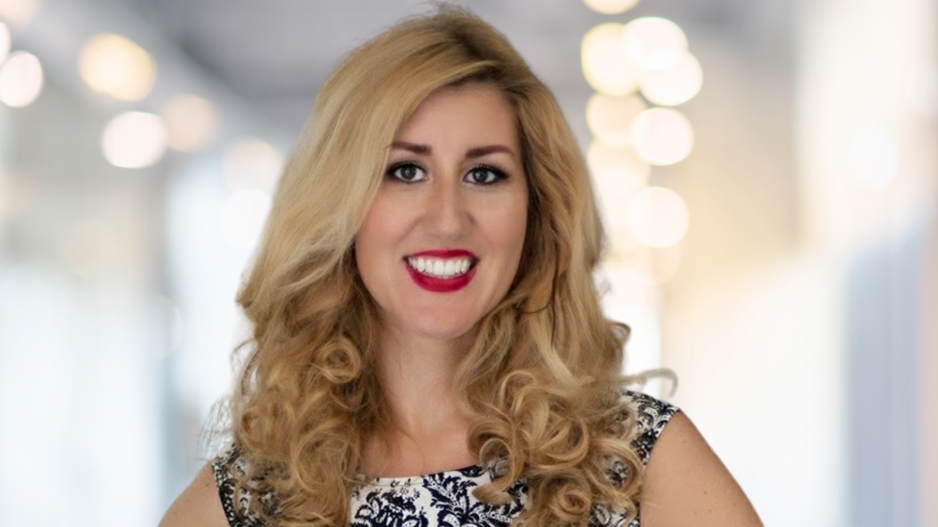sa国际传媒 is known as a hub of expertise for certain sectors – hydrogen fuel cells, carbon capture and storage technology and quantum computing, for example.
But sa国际传媒 is also known for losing high-tech companies to the U.S.
A new industry association led by a Vancouverite will provide support for Canadian companies in the quantum computing space, in an attempt to help them grow here in sa国际传媒.
Lisa Lambert was recently named Quantum Industry sa国际传媒’s first CEO.
QIC was formed in 2020, but until this year was volunteer-led. Earlier this year, the federal government gave QIC operational funding of $1.4 million as part of the National Quantum Strategy.
Lambert has a background working with high tech and science organizations, including the Triumf particle accelerator lab, where she was head of communications and educational outreach.
“Our purpose is really to help translate Canadian quantum innovations into business success,” Lambert said. “sa国际传媒 has made great investments in quantum science to date, and we’re there to really help on the commercialization side.”
There are fears sa国际传媒 could lose to the U.S., where the gravitational pull of giants like International Business Machines (NYSE:IBM), NASA and Alphabet Inc. (Nasdaq:GOOG) -- all of which have been either customers and or competitors in the quantum computing space -- may prove irresistible to sa国际传媒 quantum computing companies, like D-Wave Quantum Inc. (NYSE :QBTS).
A pioneer in quantum computing processing, D-Wave earlier this year announced plans to relocate its corporate headquarters to Palo Alto, California.
However, D-Wave Systems Inc., the company’s principal subsidiary, still has its head office and R&D facilities in Burnaby.
A lot is at stake, if sa国际传媒 loses quantum computing companies to the U.S. the way it has lost so many other high-tech companies.
According to the National Research Council of sa国际传媒 (NRC), the quantum sector in sa国际传媒 is expected to become a $139 billion industry by 2045.
“In sa国际传媒 we’ve really struggled to commercialize technologies and keep that prosperity here in sa国际传媒, and keep the benefits here in sa国际传媒,” Lambert said. “We have the opportunity right now to stand up a new industry…and think about what we want this to look like, not just for the industry, but for broader society as well.
“We would love to see some great companies scale up here in sa国际传媒 and stay in sa国际传媒.”
Conventional computing is binary (based on zeros and ones), whereas quantum computing uses qubits, which adds a kind of third dimension by using zeros, ones and both one and zero simultaneously – something known in quantum physics as “superposition.”
There are certain areas where quantum computing shows great promise, such as solving complex optimization problems -- route planning for logistics, for example -- energy grid management, financial modeling, and new drug discovery.
There are about 40 companies in sa国际传媒 involved in quantum computing in some for or another, nine of them in sa国际传媒:
- 1Qbit
- AqaBus
- Crosslight Software Inc.
- D-Wave
- EPIC Semiconductors
- Good Chemistry
- Photonic
- Quantum Data Technologies
- Sky Hive



